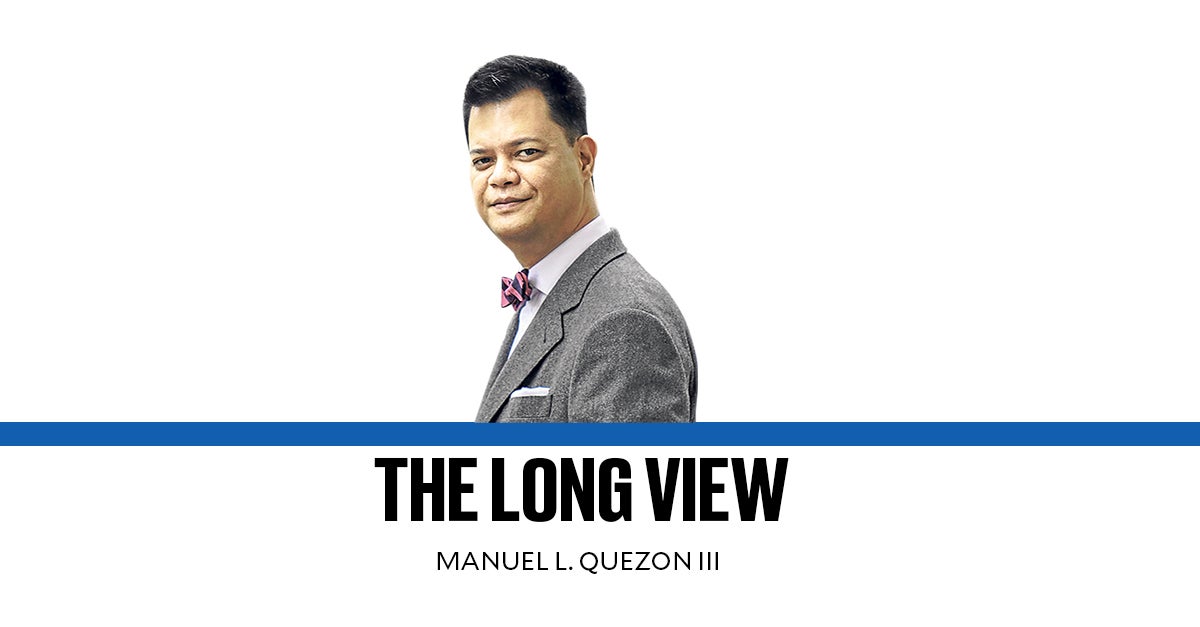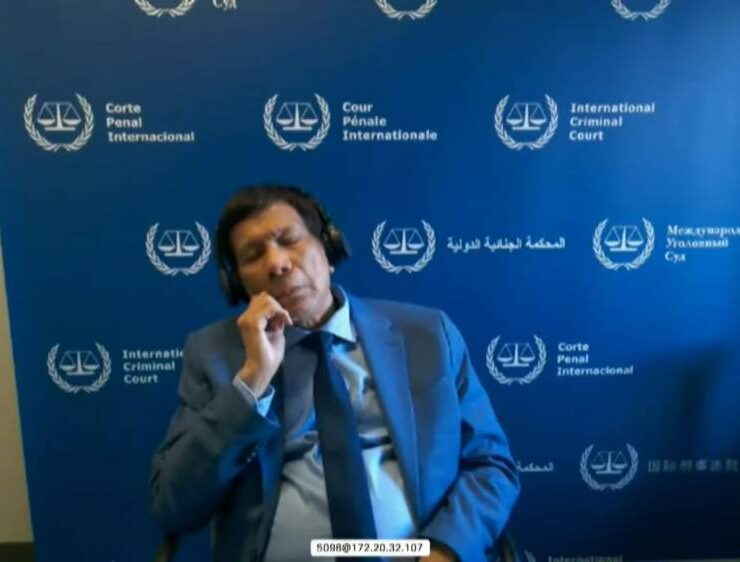Do racketeers fear corporations?

On the news that the legislature is thinking of banning online gambling, the stock of DigiPlus, the market leader in online gaming, tanked, going from 65.30 a share to 38.74. DigiPlus, to buck up investor confidence, announced a P6-billion stock buyback plan, which led to a rally in its shares. Even Bloomberry Resorts Corp., for some, the preeminent name in traditional casinos, but a new online player, went from 6.18 a share to 4.70.
It says a lot about the way we do things, that at the cusp of gambling finally being corporatized, and thus transitioning from the murky world of racketeering to a professionalized, publicly listed industry, the first casualty of the effort to purge gaming of its underworld connections isn’t the criminal underworld but the private sector.
The difference with the corporate setup is significant. The old system, by its nature, was outside the law, and, if not defiant of it, then operated in a kind of gray area, which fostered protection rackets. Government, for its part, really only had two choices: stamp out gambling altogether (as futile and even counterproductive as prohibiting alcohol turned out to be in America), or turn it, somehow, into a state monopoly by corporatizing it.
To corporatize gambling is to take the industry from the shadows to something ultimately boring but predictable, though it is an effort that can fail. Jai alai in the prewar era was an effort to wean away the public from jueteng and other games of chance, and, together with the sweepstakes, provide the same sheen of surface glamour from the wealthy wining and dining at the jai alai as once occurred at the horse track. By the 1980s, the industry was wrecked when it became just one more activity to consider spoils to be transferred from the defeated old to the ascendant new society. But this is part of the point: when the government tackles gaming from a mobster’s point of view, it defeats the purpose of having a government monopoly, which is using private vice to pay for public benefits.
The other part of the point is one I touched on in my last column (see “Crimes beyond comprehension,” 7/2/25), and one made in The Diplomat by Alvin Camba in 2024: “Some [Philippine offshore gaming operators] (Pogos) started branching out into scam operations as early as 2019, and it was difficult to distinguish them from legitimate operations because Philippine regulators lacked the skills and knowledge to tell the difference.” One report contrasted the opportunities to turn the legal into the illegal in this way: having granted only 50 Pogo licenses, one government agency computed the number of actually active Pogos at 300.
Until recently, efforts to replace it with legal forms of gambling aimed to bring it under government supervision or aspired to establish a competitive parallel system: e-sabong was the culmination of this old mentality. As Randy David pointed out over the weekend, most bets were still made at physical kiosks, like the lotto (see “The quiet rise of online gambling,” 7/6/25). And while it “quickly outpaced … in reach and revenue” both jueteng (the illegal) and the small-town lottery (the parallel official competition), it relied on many independent moving parts. The story of the e-sabong scandal thus became the classic story of the mafia: engulf and devour. Then came Pogos, which made everything that came before seem like small beer.
2023 to 2024 saw a 25 percent growth, with record revenues of $7.16 billion; the casino gaming market is predicted to increase by $3.93 billion from 2024 to 2029. It was a watershed year, not least because of the formal ban on Pogos. In the third quarter alone of 2024, online gaming (which comprises online casino, sports betting, bingo, and specialty games), according to the Philippine Amusement and Gaming Corp. (Pagcor), grew by 465 percent. For this year, industry watchers predict an average revenue per user of $157.15 with a user penetration of 23.3 percent, with the number of users expected to reach 29.2 million by 2029.
Akbayan party list Rep. Chel Diokno filed a bill in the House to ban gambling advertising and links to online gambling in e-wallets and “super apps.” Online gambling ads would also be banned in public spaces. Pagcor would be required to set daily, weekly, and monthly betting and loss limits. Breaching these would lead to auto-suspension. A 10-percent tax on online gambling would be imposed to fund addiction rehabilitation, education, enforcement, and research. And a national online gambling self-exclusion registry would have to be set up and run by Pagcor. This is the “sin tax” tradeoff: picking the pocket of vice to fill the pocket of public service. Where corporations come in is that, being publicly listed and professional, it is in their interest to disclose earnings and thus remit accordingly. Gray areas are inefficiencies that the private sector dislikes. It might make mortal enemies of racketeers.





















Browse responsibly